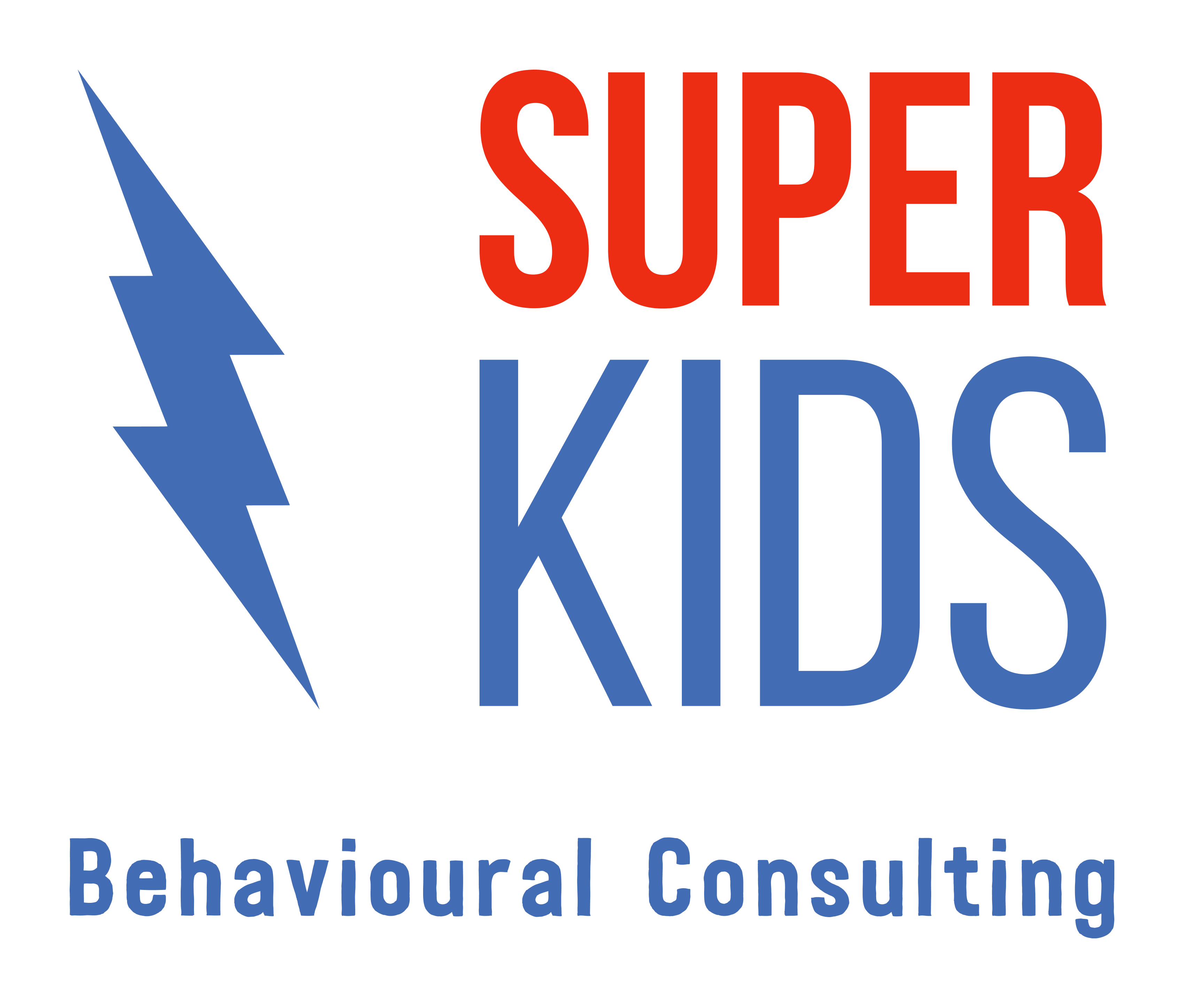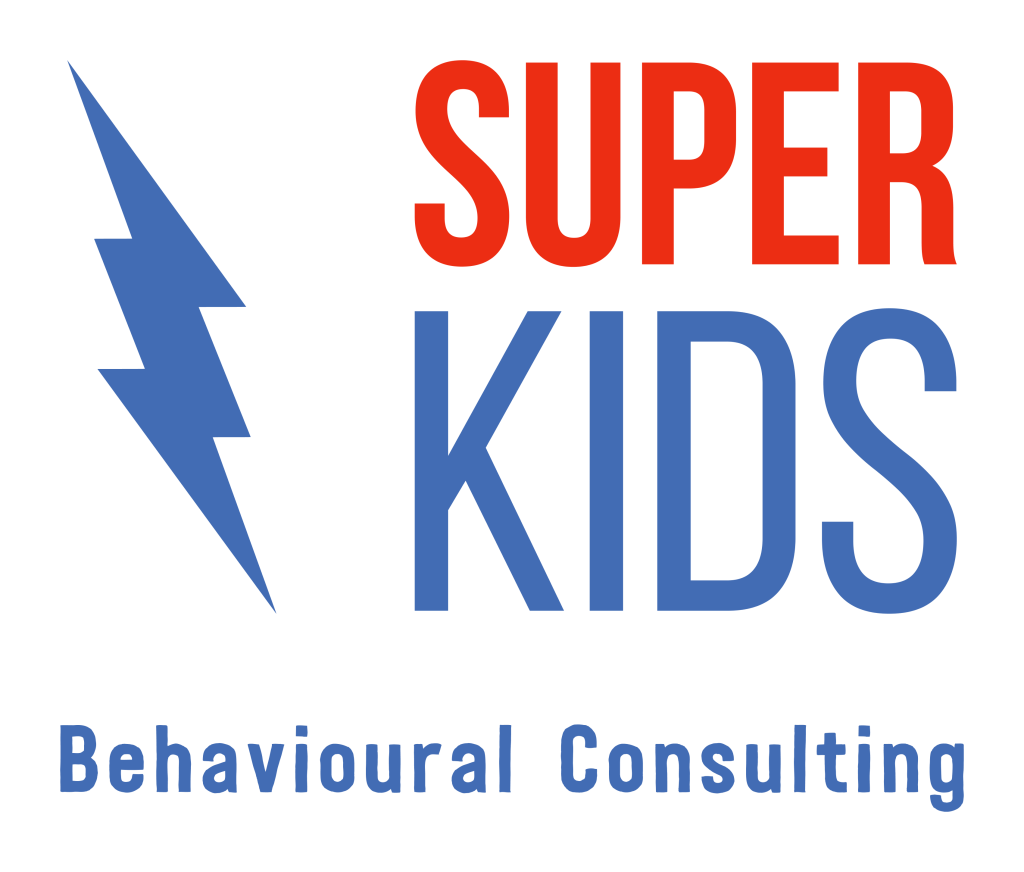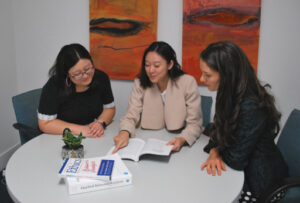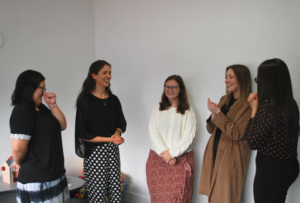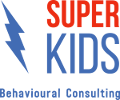How do I know if my child has Autism or a Developmental Delay?

Renee Collins
CLINICAL DIRECTOR
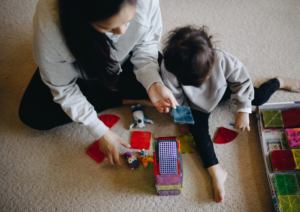
As parents and caregivers, one of our greatest hopes is to witness the blossoming of your child’s potential. One very common worry that many parents face is about their child’s development. Whether it’s your first child or not, it’s only natural to be curious and sometimes anxious about whether your child is reaching their developmental milestones, particularly if your starting to notice some differences in their development compared to others.
Is my child’s development normal?
Child development is a complex and dynamic process that includes physical, cognitive, emotional, and social development. While every child is unique and may progress at their own pace, there are general age norms that can act as a guideline for parents. It’s crucial to remember that these milestones are averages, and some variability is expected.
If you have concerns about your child’s development, taking proactive steps is essential. Start by discussing your observations with your child and maternal health nurse or general practitioner. GPs aren’t qualified to make an official diagnosis but they can give you the necessary referral to see someone who is. This might be a psychologist, psychiatrist or a paediatrician who is experienced in the diagnostic process.
What do I do if I think my child has Autism or developmental delay?
If you are particularly concerned about Autism, you may start with a parent-report screening tool. One example is the Modified Checklist for Autism in Toddlers, Revised, with Follow-Up (M-CHAT-R/F). If your child screens positive on the M-CHAT-R/F, it is strongly recommended that your child is referred for early intervention and diagnostic testing as soon as possible. Alternatively, you may also like to review an Australian app, ASDetect. It has been designed for children aged 11-30 months and is available in English, Mandarin Chinese, Slovak and Spanish. ASDetect guides parents through the assessment questions using specially produced videos. There are videos of both autistic and non-autistic children. Each one shows a development milestone, and some questions also have activities that you can do with your child to help you answer the question. You can use the results of both of these parent-report screening tools to discuss your concerns and observations with your general practitioner.
Early behavioural signs of autism include:
- making consistent eye contact with others
- showing their toys to others
- engaging in pretend play
- directing other people’s attention by pointing
- responding when their name is called and,
- using gestures such as waving goodbye
- copying or imitating other people’s actions
The important of early intervention for autism & developmental delays
Early detection of autism and developmental delays are important because it allows you to begin early intervention sooner. Don’t just wait and see! You do not need a formal diagnosis to start early intervention.
Early intervention encompasses a range of targeted services and supports designed to address the unique needs of children who are at risk for or experiencing developmental delays or disabilities. This can include speech therapy, occupational therapy, applied behaviour analysis (ABA), and more, tailored to the child’s specific challenges and strengths.
During the critical period of infancy and early childhood, the brain undergoes rapid growth and development, laying the foundation for future learning, behaviour, and overall well-being. By intervening during this window of opportunity, we can capitalise on the brain’s remarkable plasticity, shaping neural circuits and pathways in ways that optimise the child’s developmental trajectory.
For children with developmental delays, early intervention can make a world of difference. Whether it’s speech and language delays, motor skill deficits, or social-emotional challenges, targeted interventions can help bridge the gap between where the child is and where they have the potential to be. Through individualised therapy and support, children can acquire crucial skills, build confidence, and increase their readiness to learn.
In addition to this, early intervention can reduce the risk of secondary complications and challenges associated with developmental delays and autism. By addressing core deficits early on, we can prevent or minimise the development of secondary issues such as severe problem behaviour, academic struggles, social isolation, and mental health concerns.
Beyond its impact on children, early intervention holds profound benefits for families as well. It provides parents and caregivers with the tools, resources, and support they need to navigate the complexities of raising a child with developmental differences. From learning effective communication strategies to accessing community resources and support networks, early intervention empowers families to advocate for their child’s needs and foster a nurturing environment for growth and development.
Despite the overwhelming evidence supporting the benefits of early intervention, barriers to accessing services persist. From limited awareness of therapy options, stigma around disability and financial constraints, many families face hurdles in accessing timely and appropriate services for their children. There is funding available through the NDIS that your child may be eligible for to assist them accessing early intervention. For younger children (0- 9 years), the NDIS has outlined the pathway to Early Childhood Early Intervention (ECEI).
Super Kids aim to continue to address these barriers and ensure that every child has access to the early intervention services they need to thrive. We do this through a variety of service provision types, such as our Little Heroes Early Intervention Play Group, one-off Behaviour Consultations, Short-Term Behaviour Management services, ongoing ABA therapy and providing high quality education to General Practitioners. Please reach out for any more information about these services and how we could best support your family.
Super Kids acknowledges each individual’s personal preference to use identity-first or person-first language to describe themselves or their loved one. We interchangeably use both language conventions and therefore refer to both Autistic children and children with Autism.
